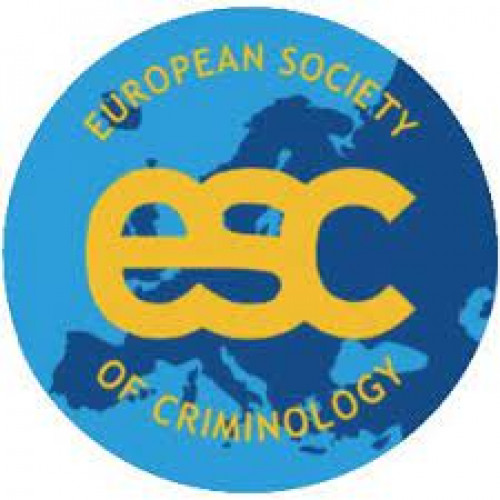25 years of the ESC - the memories of Sonja Snacken (ESC president 2004-2005)

At the kick-off meeting for the launching of the European Society of Criminology (The Hague, 7-8 April 2000), we agreed on the need to create a forum for European criminologists to meet through annual conferences in Europe. But other aspects led to lively debates. Should we create a scientific society, reaching mainly out to academic scholars and students, or also to practitioners? And what about the diversity of European languages? Should we move away from the English-language dominance and organise conferences in other languages as well?
As far as the first question is concerned, we opted for a scholarly society while reaching out to students, practitioners and policy-makers. This aim was strengthened by the establishment of the European Journal of Criminology in January 2004 and of the many thematic Working Groups (37 to date). As for the languages, we decided to leave it up to the members, who could organise non-English panels at the annual conferences if they so wished. In my recollection, that only happened once. Recent figures on the large geographical distribution of ESC membership in 2023 (ESC Newsletter 2024/2 : 6-8) illustrate that language has not impeded European scholars and students from East, West, North and South to join.
However, there was another challenge I was confronted with just before being elected President in 2004.
In 2003, the Annual Conference was held in Helsinki. The Plenary presentations included Nils Christie’s Reintegrative Shaming of National States and Paul Wiles’ Crime Control and Integration.[1] Their stories were like the two sides of the same coin. Nils – the abolitionist professor - starting by stating “In my view, crime is an unsuitable point of departure when we discuss penal matters. Crime is all, and nothing” (HEUNI 2004: 4), while Paul – Director of Research, Development and Statistics of the UK Home Office - argued that “crime” and how it is registered, counted, and discussed by politicians and the media, very much determines how penal policies might develop in Europe and at the level of the European Union (HEUNI 2004: 11). While Paul explicitly recognised the importance of Nils’ analysis, Nils was quite violently tackled during the discussion with the public afterwards for allegedly disclaiming the existence of crime and its impact on victims and societies. In my view unjustly, as anyone who has read Nils’ work knows.
That evening, I went with Nils to the meeting of the European Group for the Study of Deviance and Social Control. There, we faced the opposite criticism: that the ESC looked like a “governmental criminology society” full of “academics whose research is funded by Governments or Prison or Justice Departments and hence cannot be independent”. Equally unfair, from my own and many other colleagues’ experiences. And strange in light of the fact that both Nils and Jock Young had been invited as plenary speakers by the organisers of that ESC Conference.
One year later, I was elected president. One of my hopes for the Society was that we would be able to bridge these oppositions. Not to deny their differences, but to counter the stigmatisation and labelling which we know all too well to be highly reductionist. Twenty years later, I think we succeeded: the composition of the Boards, the election of the successive Presidents, the variety of thematic Working groups, the range of topics discussed every year at the Annual Conferences contradict these earlier misgivings. However, there is no room for complacency. In an increasingly polarised world, the ESC must continue to offer a free space for discussion and dialogue, where a clash of ideas does not result in making the “other” into an enemy. There is already too much of that going on outside.
[1] See HEUNI: Kauko Aromaa and Sami Nevala (eds.)(2004) Crime and crime control in an integrating Europe : plenary presentations held at the 3rd Annual Conference of the European Society of Criminology, Helsinki 2003, HEUNI Publication Series n° 44
